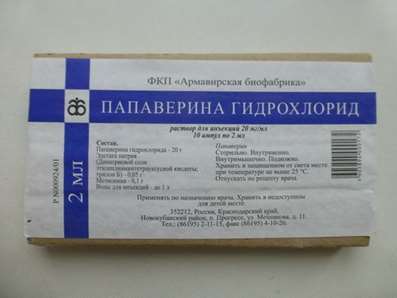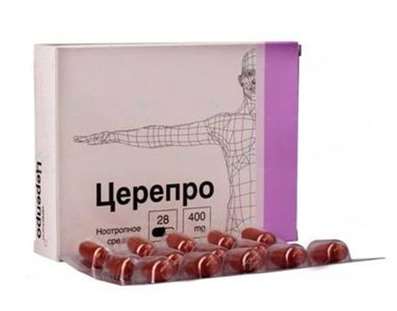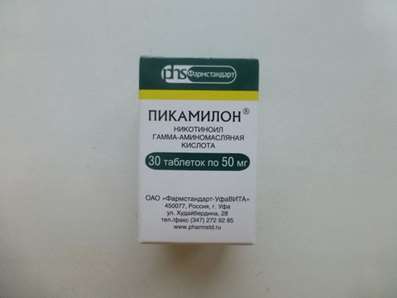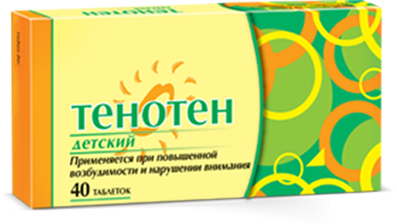Instruction for use: Bismuthateate tripotassium dicitrate (Bismuthatei trikalii dicitras)
I want this, give me price
Chemical name
Bismuthate (III) potassium 2-hydroxy-1,2,3-propanetricarboxylate (1: 3: 2 salt)
Pharmacological group
Gastroprotectors
Nosological classification (ICD-10)
K25 Gastric ulcer
Helicobacter pylori, Pain syndrome in gastric ulcer, Pain syndrome in gastric ulcer and duodenal ulcer, Inflammation of the gastric mucosa, Inflammation of the gastrointestinal mucosa, Benign gastric ulcer, The disease of the stomach and duodenum, asotsiirovannoe with Helicobacter pylori, Aggravation gastroduodenita on the background of peptic ulcer, Exacerbation of peptic ulcer, The aggravation of gastric ulcer, The organic gastrointestinal disease, Peptic ulcer of the stomach and duodenum, Postoperative gastric ulcer, Recurrent ulcers, Symptomatic gastric ulcers, Chronic inflammatory disease of the upper gastrointestinal tract, associated with Helicobacter pylori, Helicobacter pylori eradication, Erosive and ulcerative lesions of the stomach, Erosive lesions of the stomach, The erosion of the gastric mucosa, Peptic ulcer disease, Stomach ulcer, Gastric lesion, Ulcerative lesions of the stomach, Symptomatic ulcers of the stomach and duodenum
K26 Duodenal Ulcer
Pain with duodenal ulcer, Pain syndrome in gastric ulcer and duodenal ulcer, The disease of the stomach and duodenum, asotsiirovannoe with Helicobacter pylori, Exacerbation of peptic ulcer, The worsening of duodenal ulcer, Peptic ulcer of the stomach and duodenum, Relapse of duodenal ulcers, Symptomatic ulcers of the stomach and duodenum, Helicobacter pylori eradication, Erosive and ulcerative lesions of the duodenum, Erosive-ulcerative lesions of duodenal ulcers associated with Helicobacter pylori, Erosive lesions of the duodenum, Duodenal ulcer, Ulcerative lesions of the duodenum]
K29 Gastritis and duodenitis
Aggravation gastroduodenita on the background of peptic ulcer, duodenitis
K30 Dyspepsia
Fermentation dyspepsia, Hyperacid indigestion, Putrefactive indigestion, Dyspepsia, Dyspepsia, Dyspepsia of nervous origin, Dyspepsia in pregnant women, Dyspepsia fermentation, Dyspepsia putrefactive, Dyspepsia medication, Dyspepsia due to diseases of the digestive system, Dyspepsia due to impaired motility of the gastrointestinal tract, Dyspepsia due to unusual food or overeating, Dyspeptic phenomena during pregnancy, Dyspeptic Syndrome, Gastric indigestion, Delayed emptying of the stomach, Delayed digestion, Idiopathic indigestion, Acid dyspepsia, Disturbance of the upper GI tract motility, Indigestion, Nervous indigestion, Non-ulcer dyspepsia, The feeling of heaviness in the stomach after eating, Postprandial functional dyspepsia, The processes of fermentation in the intestine, Stomach upset, Gastrointestinal disorders, Digestive disorders, Disorders from the digestive tract, Stomach upset, Indigestion disorder, Indigestion in infants, Symptoms of dyspepsia, The syndrome of putrefactive dyspepsia, Syndrome of putrefactive dyspepsia in infants, Syndrome of insufficiency of digestion, Syndrome of nonulcer dyspepsia, Toxic indigestion, Functional dyspepsia, Functional indigestion, Chronic indigestion, Chronic episodes of dyspepsia, Essential dyspepsia, Dyspeptic disorder
K58 Irritable Bowel Syndrome
Irritable bowel syndrome, Colitis spastic, Irritable bowel syndrome, Irritable bowel syndrome is a thin, irritable bowel syndrome, colon irritation syndrome, Symptoms of irritable bowel, Irritation of the stomach, Irritation of the intestinal mucosa, Irritated colon
Code CAS 57644-54-9
Pharmacology
Pharmacological action - antiulcer, gastroprotective.
At pH 4 and below (gastric juice), insoluble oxychloride and Bismuthate citrate precipitate, chelate compounds are formed with the protein substrate; they cover the ulcer surface, protect it (this polymer glycoprotein complex is more effective than normal mucus) from the effects of acid, pepsin and bile. Coagulates proteins and causes the death of Helicobacter pylori. When administered orally, it is practically not absorbed and excreted with feces. Only a small amount of Bismuthate is split off from the colloidal complex, enters the bloodstream, and then is excreted in the urine. Promotes the healing of peptic ulcers, restoration of the protective function and preservation of the integrity of the barrier of the gastric mucosa, reduces the frequency of recurrences of duodenal ulcers. Stimulates the synthesis of PGE2, which increases the formation of mucus and the secretion of bicarbonate, improves the quantitative and qualitative characteristics of gastric mucus and mucin production. It leads to the accumulation of the epidermal growth factor in the defect area. Reduces the activity of pepsin and pepsinogen. It covers the ulcerous surface with white foamy coating, which persists for several hours; in patients who took the drug 3 hours before surgery, a white thin layer is present only on the craters of ulcers. With monotherapy Helicobacter pylori disappears in 30% of cases, when combined with metronidazole or amoxicillin - in 90%. With prolonged use of large doses, especially in patients with impaired renal function, it is possible to develop reversible encephalopathy.
Application of Bismuthate tripotassium dicitrate
Peptic ulcer of the stomach and duodenum in the phase of exacerbation, incl. associated with Helicobacter pylori; chronic gastritis and gastroduodenitis in the phase of exacerbation, incl. associated with Helicobacter pylori; irritable bowel syndrome, mainly with symptoms of diarrhea; functional dyspepsia, not associated with organic gastrointestinal diseases.
Contraindications
Hypersensitivity, pronounced impaired kidney function, pregnancy, the period of breastfeeding.
pregnancy and lactation
Contraindicated in pregnancy.
The FDA action category is not defined.
For the duration of treatment, breastfeeding should be discontinued.
Side effects
On the part of the intestine: nausea, vomiting, frequent stools, constipation.
Allergic reactions: skin rash, itching.
Other: with prolonged use in high doses - encephalopathy associated with the accumulation of Bismuthate in the central nervous system.
Interaction
Reduces absorption of tetracycline. Preparations containing Bismuthate (including Vikalin, Vicair), increase the risk of systemic side effects (increases the concentration of Bismuthate in the blood).
Overdose
Symptoms: with frequent administration of large doses, it is possible to develop renal failure.
Treatment: gastric lavage, the appointment of activated charcoal and saline laxatives, symptomatic therapy. Patients with impaired renal function, accompanied by a high level of Bismuthate in the plasma, enter the SH-containing complexing agents - dimercaptosuccinic and dimercaptopropanesulfonic acids. In case of severe renal failure, hemodialysis is performed.
Routes of administration
Inside.
Precautions for Bismuthate tripotassium dicitrate
Do not use prolonged use of large doses. Within 30 minutes before and after taking it is necessary to refrain from drinks (including milk, fruit and fruit juices), solid food, antacids. During therapy, do not consume alcohol.
special instructions
Stains the feces black.

 Cart
Cart





